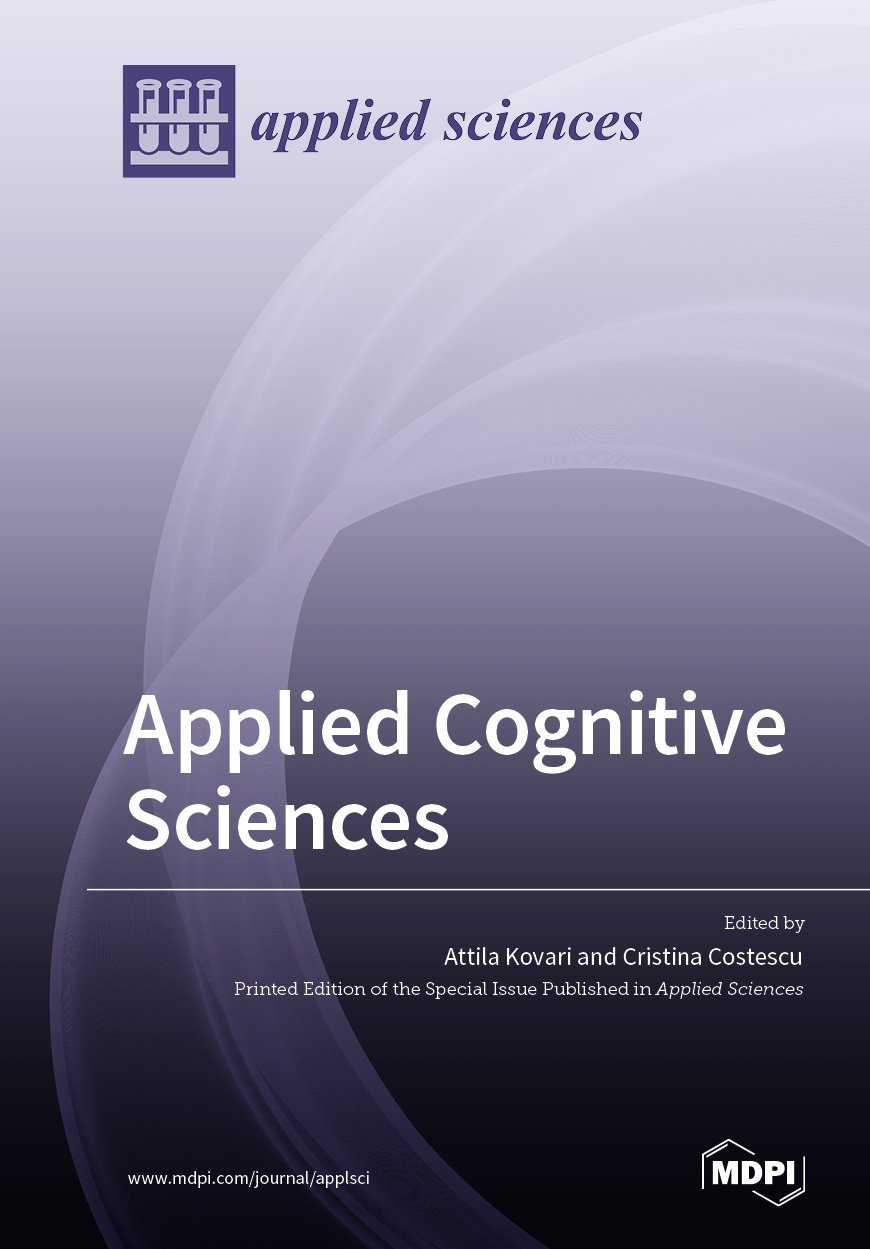Tissue Response to a Heat Resistant Silicate-Based and an Epoxy Resin-Based Endodontic Sealer Implanted in Rat Tibias
IF 2.5
4区 综合性期刊
Q2 CHEMISTRY, MULTIDISCIPLINARY
引用次数: 0
Abstract
Introduction: The effect of high temperatures on the properties of endodontic sealers during warm compaction of gutta-percha may be a matter of concern. This study aimed to evaluate the effect of heat on the biocompatibility and bioactivity of EndoSequence BC Sealer HiFlow (ESHF; Brasseler, Savannah, GA, USA) and AH Plus (AHPS; Dentsply, De Trey, Konstanz, Germany) when implanted into the bone tissue of rat tibias. Methods: Medical-grade silicone tubes containing freshly prepared ESHF or AHPS were heated to 100 °C and then cooled down to 65 °C before being implanted in the tibias of 24 Wistar rats. The outer walls of the tubes served as controls. After 10, 30 and 90 days, the animals were euthanized and the implants and their surrounding tissues were dissected, fixed in formalin, and processed for microscopic evaluation. Results: After 10 days postoperatively, a severe inflammatory reaction without reactionary bone formation was observed in contact with ESHF and AHPS. The severity of the reaction had decreased at the 30-day observation period for both sealers but only ESHF samples showed new bone formation adjacent to the sealer. After 90 days, no inflammatory cells were found in contact with ESHF, while a thin fibrous tissue capsule and complete bone reparation of the surrounding areas were observed in contact with the material. For AH Plus, a fibrous connective tissue containing scarce remaining inflammatory cells could be observed in most of the samples, however, in the absence of new bone formation. No significant differences (p > 0.05) between ESHF and AHPS were found at the 10-day observation period. At the 30 and 90-day, significant differences (p < 0.05) between both materials were observed. The reaction to the controls showed significant differences with ESHF and AHPS for all experimental periods. Significant differences (p < 0.05) for the total effect of time were also found between both sealers (p < 0.05). Conclusions: At the end of the experiment, heated ESHF reacted as a biocompatible/bioactive material and stimulated continued development of new healthy bone. Although AHPS was tolerated well by the surrounding tissues, the sealer did not promote new reparative bone formation.耐热硅酸盐基和环氧树脂基根管密封剂植入大鼠胫骨后的组织反应
导读:在胶胶温压实过程中,高温对根管密封剂性能的影响可能是一个值得关注的问题。本研究旨在评价热对EndoSequence BC Sealer HiFlow (ESHF;布拉塞勒,萨凡纳,乔治亚州,美国)和AH Plus (AHPS;Dentsply, De Trey, Konstanz, Germany)植入大鼠胫骨骨组织。方法:将含有新鲜制备的ESHF或AHPS的医用级硅胶管加热至100℃,再冷却至65℃,植入24只Wistar大鼠胫骨。管子的外壁用作控制。10、30和90天后,对动物实施安乐死,解剖植入物及其周围组织,在福尔马林中固定,并进行显微镜观察。结果:术后10 d, ESHF和AHPS接触均出现严重炎症反应,但未出现反应性骨形成。在30天的观察期内,两组患者的反应严重程度都有所下降,但只有ESHF样本在缝合处附近出现了新骨形成。90天后,与ESHF接触未见炎症细胞,与材料接触的纤维组织包膜较薄,周围区域骨修复完整。对于AH +,在大多数样品中可以观察到含有少量剩余炎症细胞的纤维结缔组织,然而,在没有新骨形成的情况下。观察10 d时,ESHF与AHPS无显著差异(p > 0.05)。在第30天和第90天,两种材料之间的差异显著(p < 0.05)。与ESHF和AHPS相比,对对照组的反应在所有实验期间都有显著差异。两种封口剂对时间的总影响也有显著差异(p < 0.05)。结论:在实验结束时,加热的ESHF作为一种生物相容性/生物活性材料发生反应,并刺激新的健康骨的持续发育。虽然周围组织对AHPS耐受良好,但封口剂并不能促进新的修复性骨形成。
本文章由计算机程序翻译,如有差异,请以英文原文为准。
求助全文
约1分钟内获得全文
求助全文
来源期刊

Applied Sciences-Basel
CHEMISTRY, MULTIDISCIPLINARYMATERIALS SCIE-MATERIALS SCIENCE, MULTIDISCIPLINARY
CiteScore
5.30
自引率
11.10%
发文量
10882
期刊介绍:
Applied Sciences (ISSN 2076-3417) provides an advanced forum on all aspects of applied natural sciences. It publishes reviews, research papers and communications. Our aim is to encourage scientists to publish their experimental and theoretical results in as much detail as possible. There is no restriction on the length of the papers. The full experimental details must be provided so that the results can be reproduced. Electronic files and software regarding the full details of the calculation or experimental procedure, if unable to be published in a normal way, can be deposited as supplementary electronic material.
 求助内容:
求助内容: 应助结果提醒方式:
应助结果提醒方式:


